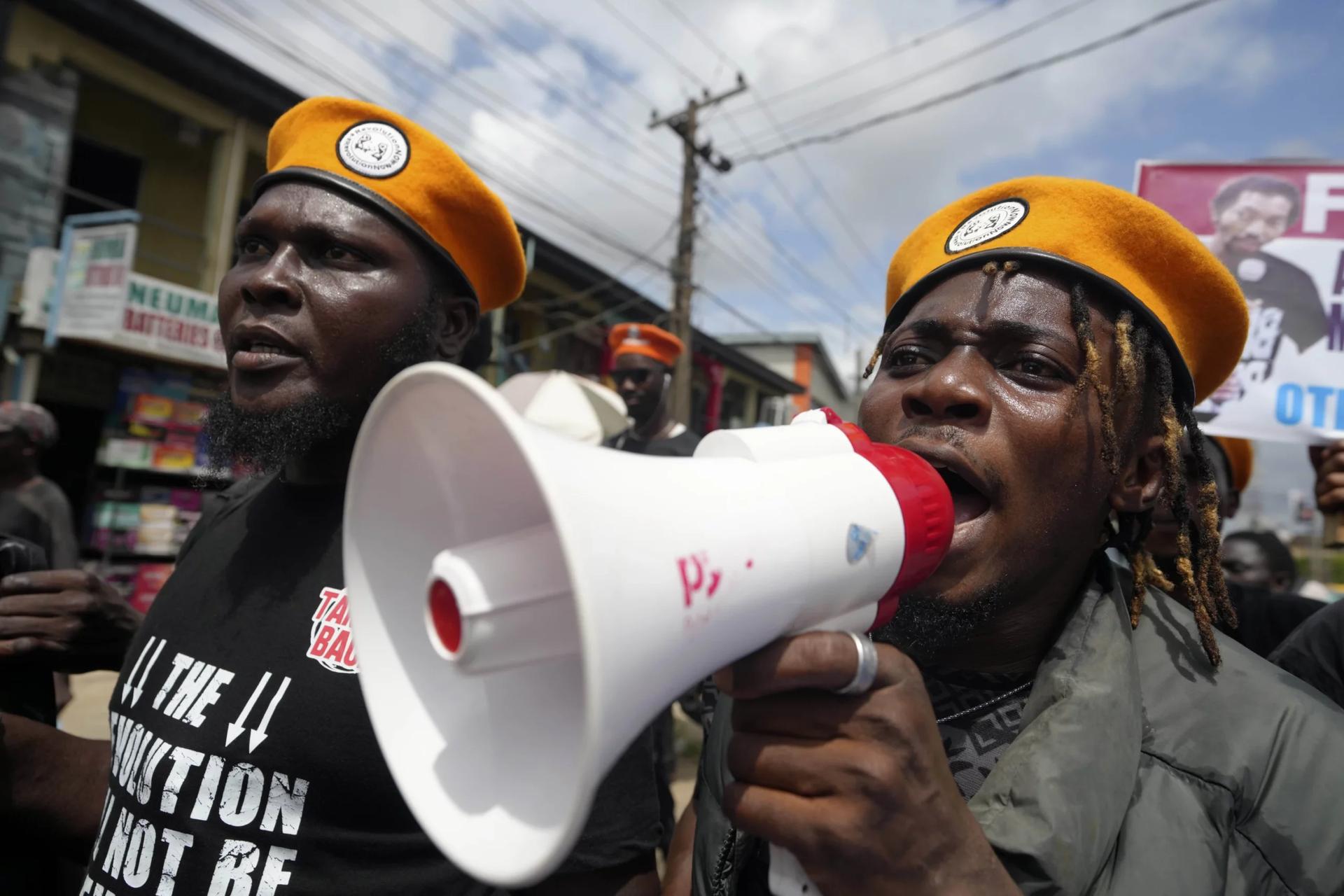YAOUNDÉ, Cameroon – A leading bishop in Nigeria is warning the Catholic Church could lose its influence to Pentecostals in Africa if the Church remains politically disengaged.
Bishop Matthew Hassan Kukah of Sokoto was speaking at Kenya’s Hekima University College at a conference themed “The Future of African Theology in a Continent Longing for a New World Order” on Jan. 29.
The bishop decried the fact Catholics are increasingly acting like bystanders in the political realm, effectively ceding space to new religious movements.
“We as Africans have lived in awe and in fear of politics for the simple reason that the narrative has become very popular that politics is a dirty game and that we ought not to participate in politics, but many of us confuse the words party politics and politicking,” the bishop said.
“We can no longer afford to be mere spectators in the political, social, and economic development of Africa. One historical figure who has profoundly influenced my perspective is St. John Paul II. He shattered the illusion of disengagement and demonstrated that political participation in a dysfunctional society is imperative,” Kukah added, as he blasted the African clergy for their lack of interest on issues of governance on the continent.
He regretted that many Catholics who occupied key political positions in the 1960s disappointingly ruled so badly that “we ended up with dictators.”
“During the 1960s, many of Africa’s first political leaders were Catholics. However, some committed grave misdeeds, and we ultimately ended up with some of the world’s worst dictators, many of whom regularly received Holy Communion,” he said.
He urged the Church to reclaim its place in the African political debate – to “be political” without necessarily being politicians.
“The question remains: Where is the Catholic Church in global politics? Where is the Church in Kenya, Rwanda, Burundi, or Nigeria? We risk becoming mere spectators while Pentecostal churches gain influence,” he warned.
Pentecostalism has been growing in Africa, with statistics showing that in 1970, Pentecostals represented just 5 percent of all Africans, but that figure has now more than doubled to an estimated 12 percent today.
In a research paper titled, “Roman Catholicism versus Pentecostalism: The nexus of fundamentalism and religious freedom in Africa”, a team of authors concluded Pentecostalism and its growth in Africa “may not be strategically demonstrated in an accurate fashion. But it is highly visible and has reshaped the religious landscape.”
“All Christian forms are growing in Africa, but Pentecostalism enjoys the fastest growth rate. The main features of the movement include an intensive evangelistic fervor and passion for mission,” they wrote.
Kukah told Crux that the Catholic Church “cannot ignore the passion of the Pentecostals and the extent to which they have made the Gospel come alive.”
And while Catholics can learn from Pentecostals from a purely pastoral level, Kukah said he believes occupying spaces that influence policy in Africa remains a critical part of enhancing the faith.
He noted that there is a global shift in how power is perceived, arguing that occupying political office is no longer the measuring yardstick for exercising political influence.
“Power is no longer what it used to be. In contemporary society, holding office does not necessarily equate to wielding influence. Conversely, individuals outside official positions can exert considerable power,” the bishop asserted.
He cited figures like Elon Musk and Mark Zuckerberg as evidence that power now lies not necessarily in political office but in knowledge and strategic engagement.
Kukah said it was time Christians began to take a leading role in influencing policy, and noted that the world would have been a better place were Catholics to be more politically engaged.
“We as Catholics, as priests, as bishops, we stand accused, because of the volume and the quantum of human resources that we have in the Catholic Church…if we had put them to use, the world would not be where it is today,” he said.
“Across the African continent, the Churches are still full. The Cathedrals are still full,” the bishop said, adding that in terms of resolving the existential problems of sickness, the feeling of disempowerment, exclusion, people now tend to turn to the Pentecostals.
He urged Catholics to identify the structures of power and develop the capacity and mechanisms for engagement.
Kukah called on the Church to adapt to this changing landscape and harness new forms of influence to remain relevant in shaping societal progress.
Stan Chu Ilo, a research professor of World Christianity and African Studies at the Center for World Catholicism and Intercultural Theology at DePaul University, told Crux that Catholics can actually learn something from Pentecostals.
“We can learn a lot from them; we can cooperate with African Pentecostals and develop a greater understanding of each other and work together ecumenically to improve and strengthen authentic Christian witnessing to the truths of the Gospel in Africa,” said.















